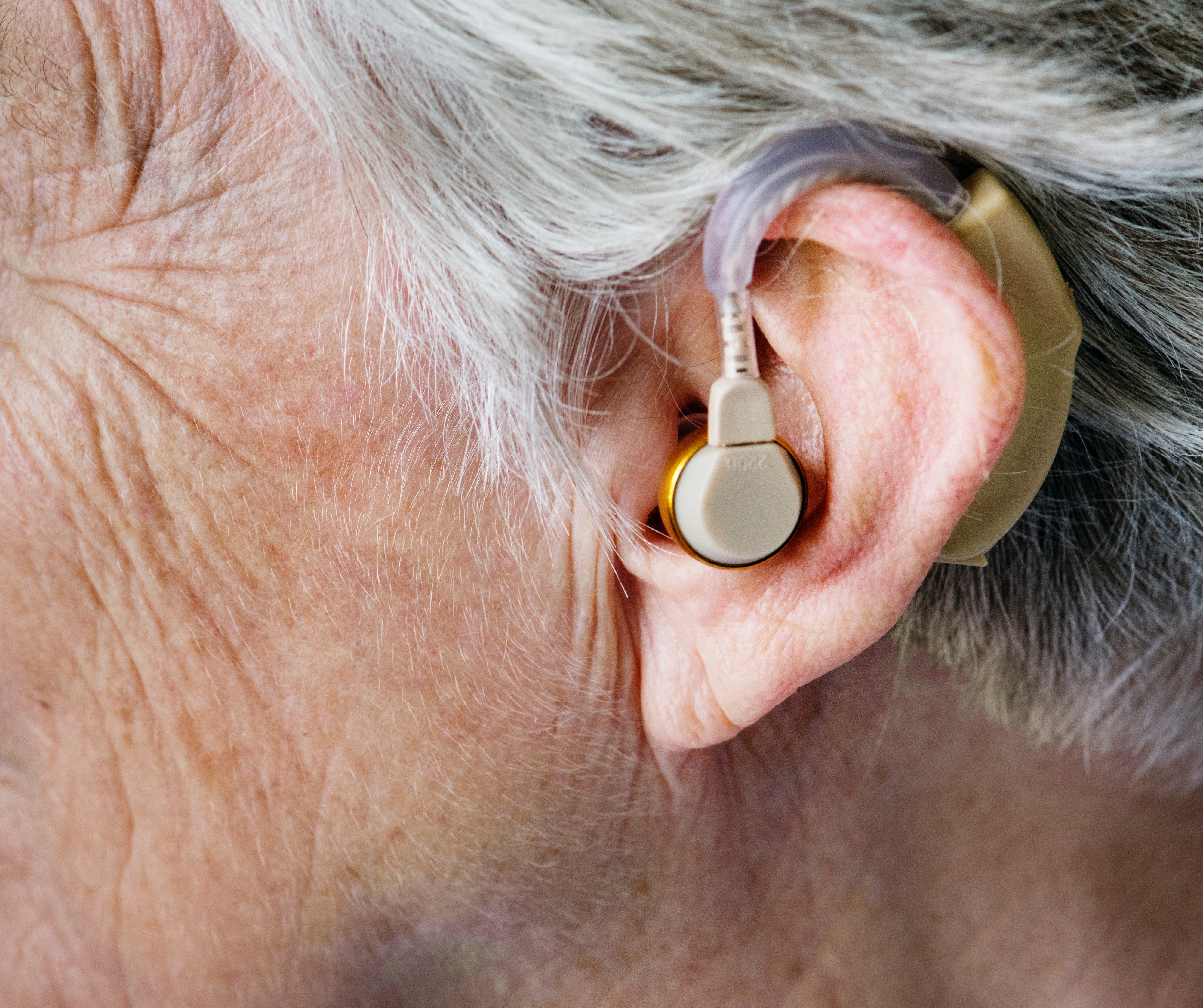SHARES

Early diagnosis and intervention for hearing loss could potentially delay dementia and cognitive decline. Experts who led a few studies locally and around the world had come to this conclusion.
Dementia affects 50 million people around the world. In the region, the numbers are 82,000 in Singapore, 160,000 in Malaysia and 700,000 in Thailand. As our global population ages, the numbers of those affected quickly rise. A difficult ordeal, both for the family and patient. Imagine a loved one unable to recognise their loved ones, to connect, to remember and then gradually fade away.
While there are many different known causes experts found some surprising things linked to dementia, one of which is hearing loss.
The Link Between Dementia and Hearing Loss
Dementia plagues the elderly and so does hearing loss
A long-term study released on World Hearing Day 2018 found a “strong link” between hearing loss and dementia. adults. Among participants who are older adults, one third has hearing loss. This group were more likely to have other major health issues such as depression, disability, and dementia.
These findings are significant. In Singapore, according to a study by the National University of Singapore and Ng Teng Fong General Hospital, more than 60 percent of Singaporeans aged over 60 experience some form of hearing loss.
Furthermore, a study on the risk of dementia in middle and older aged participants in Korea found identical results. They concluded that both severe and profound hearing impairments were associated with elevated the risk of dementia in middle- and older-aged individuals.
How does hearing loss affect cognitive functions?
Although studies show a link between the two, but it does not mean that hearing loss itself causes dementia. Consequently, you might be wondering how hearing loss influences these cognitive issues or mental functions. Researchers have put forth these theories as:
Cognitive Load: Essentially, it’s the amount of work put on your brain. Experts claim that if you’re putting in so much effort to catch what you’re actually hearing, fewer resources are available for thinking and memory.
Social Isolation: It also seems likely that social isolation plays a role. When you can’t hear and have to struggle to be part of a conversation, you’re less likely to want to socialise in groups or go out to restaurants. And being socially isolated has long been recognised as a risk factor for cognitive decline and dementia.
Change in Brain Function: Hearing loss accelerates the decline of the brain cerebrum involved in processing sound. As this part of the brain is also involved in memory functions, therefore atrophy of the brain cerebrum would lead on to dementia.
Can Treating Hearing Loss Really Deter Dementia?
Well yes! According to M. Kathleen Pichora-Fuller, a psychologist from the University of Toronto. She is conducting research to test whether treating hearing loss in those with dementia will help to optimise communication, with positive effects on everyday well-being for the patient and caregivers. “I have no doubt that if a CI [cochlear implant] makes it easier for a person to listen, then they will be able to spend more of their power to do other cognitively demanding tasks.”
Hearing loss is absolutely something you can manage with the help of an experienced hearing professional. This new research gives you a great reason to do something about hearing loss as soon as you can.
Download GetDoc to make an enquiry, call or book an appointment with a healthcare professional:
Find an audiologist or GP/Family Doctor in Malaysia, on GetDoc
Find an audiologist or GP/Family Doctor in Singapore, on GetDoc
by Yashwini Ravindranath
Born & raised in Malaysia, Yashwini earned her M.D. studying in Moscow's Russian National Research Medical University. With an affiliation towards research, all things coffee and the startup ecosystem, she now contributes articles to GetDocSays View all articles by Yashwini Ravindranath.





